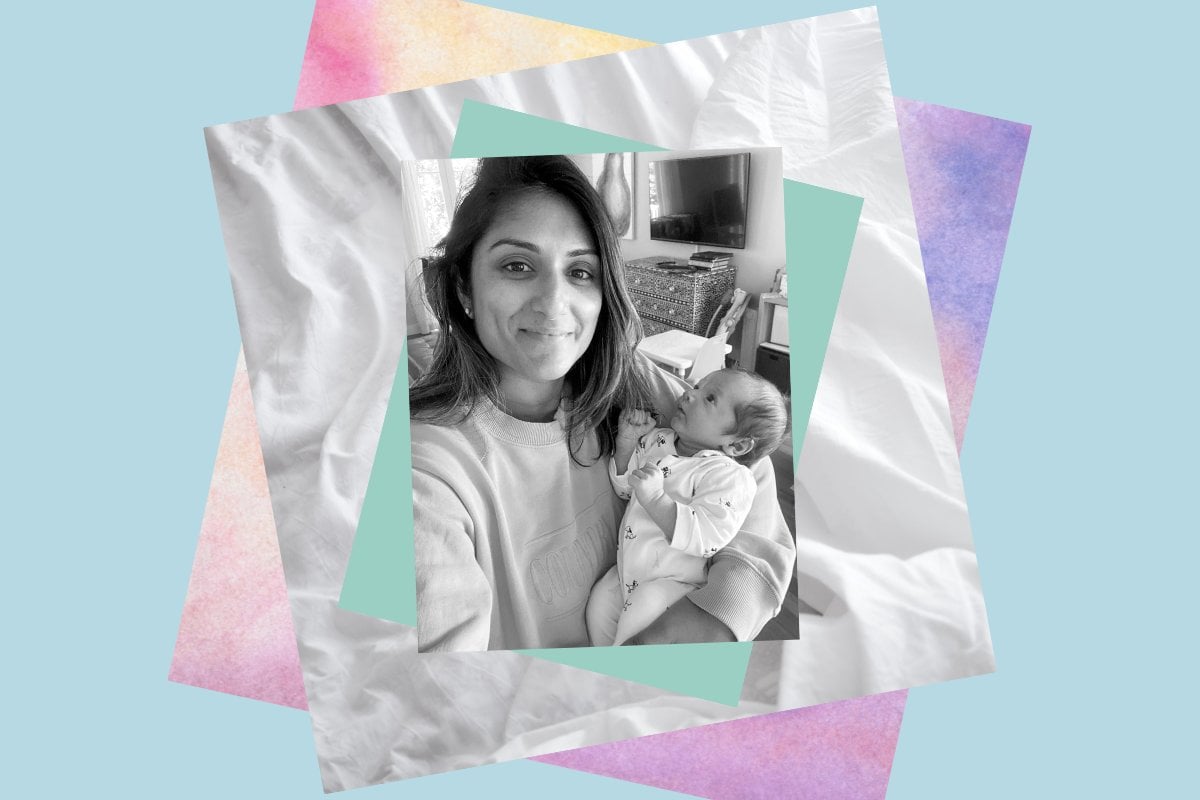
In the weeks after my daughter was born, I had plenty of ‘WTF have I done?’ moments. I thought I was isolated in my difficulties adjusting to life as a new parent. Sleep deprivation was killing me, and I was struggling to recover mentally and physically from childbirth.
Our daughter was born via emergency C-section. To say I was shell-shocked after her birth is an understatement. I was hit for six. Despite being a doctor and also married to one, we had naively assumed we’d have the low-risk pregnancy and labour we desired.
26 hours of labour later, I found myself in a delivery suite with a team of midwives, an obstetrician (who wasn’t who we had chosen; that one was on leave) and my husband. After extensive discussion, the obstetrician trialled forceps to assist a vaginal delivery; I distinctly recall feeling a tugging sensation deep within my body. I had allowed the epidural to wear off so I could feel the contractions and push more effectively; the attempt with forceps was more distressing than anticipated.
Then I remember the following:
• The obstetrician turned to the red buzzer on the wall and pressed it firmly. She turned to the senior midwife in the room and said, ‘This is a failed instrumental delivery. This is now an emergency.’
• I saw my blood pressure on the monitor just above my left shoulder. Panic rose: ‘Shit, I’m going to have a stroke,’ and my brain whispered, ‘You’re never going to meet your baby, Preeya.’
• Our beautiful daughter was pulled from my body in the operating theatre. She was held over the curtain for me to glimpse. [My husband] Will and I cried. I wondered if I would get to know her, or if I would die on that table in her first few hours on Earth.

